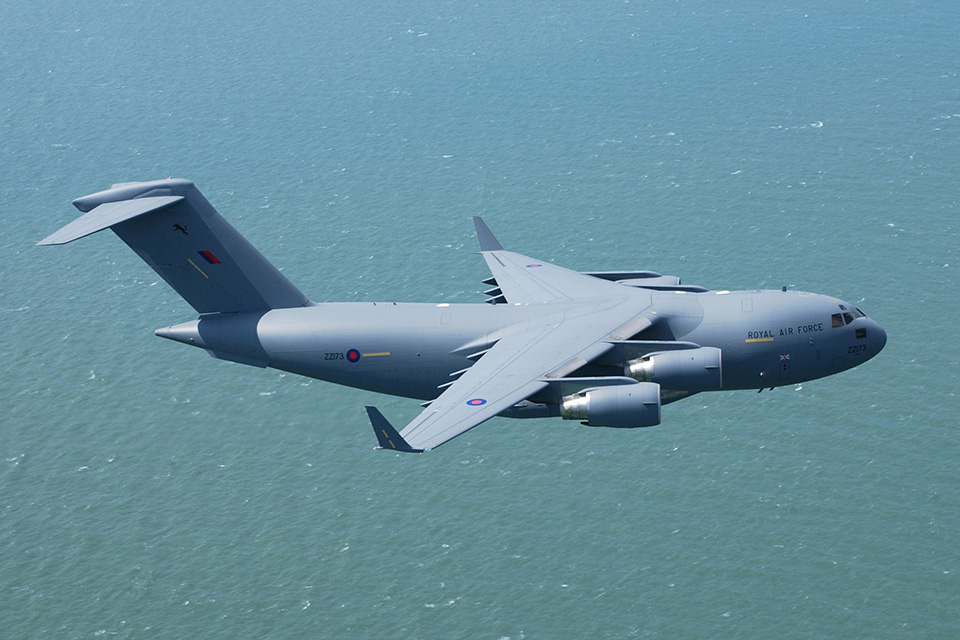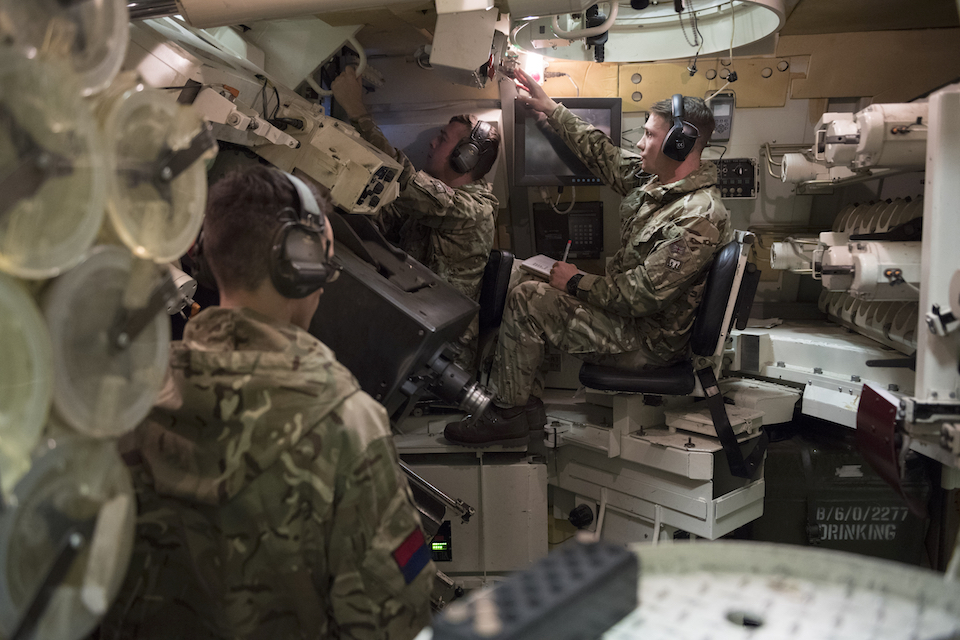News story: UK agrees sale of HMS Ocean to Brazil
Sold to the Brazilian Navy for around £84M, the profit generated from the sale will be reinvested in defence at a time when the Royal Navy is being strengthened with two types of brand new frigates and two huge aircraft carriers.
HMS Queen Elizabeth, which will eventually take on the role as the nation’s new flagship, recently set sail from the port of Gibraltar carrying two Chinooks and four Merlin helicopters as she readies for helicopter trials at sea.
Throughout HMS Ocean’s impressive 20 years since entering service in 1998, she has covered more than 450,000 nautical miles. The long-planned decision to take her out of service in 2018, as she reaches the end of her planned service life, was confirmed in the Strategic Defence and Security Review (SDSR) 2015.
Her military record spans from Operation Palliser during the Sierra Leone civil war to Operation Ellamy as part of an international coalition in Libya in 2011.
Most recently, HMS Ocean demonstrated her humanitarian and disaster relief capabilities when she bolstered the hurricane relief effort on Operation Ruman in the Caribbean last summer. It is fitting that one of her final operations mirrored that of her first, when in early 1999 she was deployed at short notice to render assistance to Honduras and Nicaragua in the aftermath of Hurricane Mitch.
The sale of HMS Ocean was managed by the Defence Equipment Sales Authority (DESA), which is part of the MOD’s procurement organisation, Defence Equipment and Support. The Authority provides an efficient sale and disposal services to the armed forces as well as customers in the UK and overseas.
Clive Walker, Head of DESA, said:
We have a proven track record of supplying surplus defence equipment on a government to government basis. The successful sale of HMS Ocean to the Brazilian Navy will provide a financial return to the UK which will now be reinvested in defence.
HMS Ocean will decommission from the Royal Navy in March, with plans for the Brazilian Navy to take possession of the ship in June 2018. Modifications to the ship will be made by UK companies Babcock and BAE Systems in the meantime, with this work funded by Brazil.

